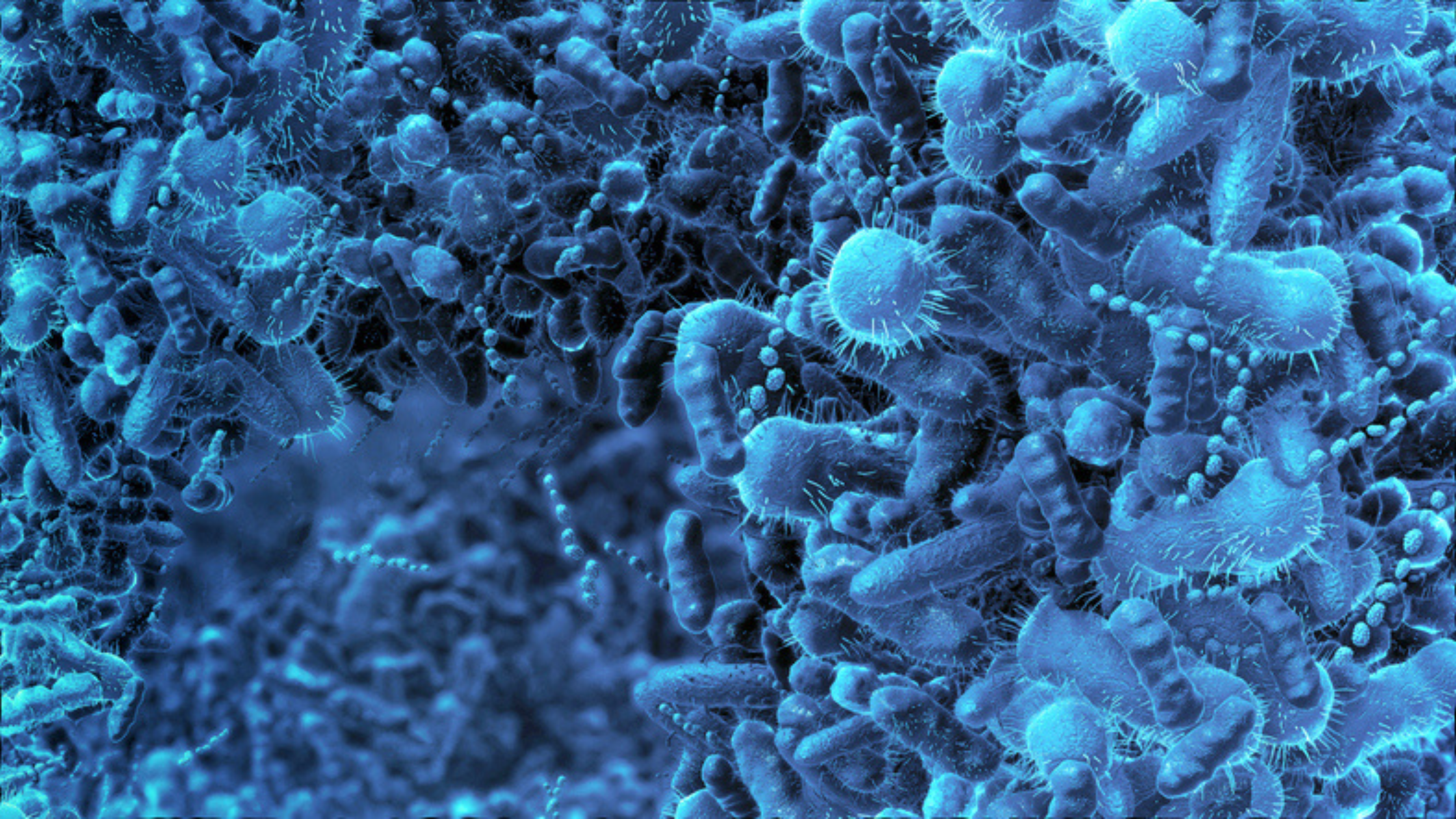Key Takeaways:
- Hormonal changes during menopause significantly impact skin health, particularly in collagen production, hydration, and elasticity.
- Adopting targeted skincare routines, nourishing diets, and healthy lifestyle habits can improve skin texture and appearance.
- Professional treatments and hormone therapy may provide additional benefits but should be pursued under medical guidance.
Did you know that during menopause, a woman’s skin can lose up to 30% of its collagen in the first five years? This drastic decline underscores the importance of a proactive approach to skin health as hormone levels fluctuate. By understanding these physiological changes, you can support your skin’s resilience and radiance during this transformative stage of life.
How Menopause Changes Your Skin
Collagen and Elastin: The Foundations of Skin Strength
Collagen and elastin, vital proteins in your dermis, act as scaffolding for your skin. Oestrogen stimulates their production, providing elasticity and structure. Post-menopause, reduced oestrogen slows this process, leading to thinner, more fragile skin. Fine lines and sagging result from this loss, particularly in areas like the cheeks and jawline.
Scientific Insight: Collagen loss doesn’t just cause aesthetic changes; it also impacts wound healing and dermal integrity, making your skin more prone to injuries (R).

Skin Hydration and Moisture Retention
Oestrogen is crucial for maintaining the skin’s hydration by stimulating the production of hyaluronic acid and natural oils. Post-menopausal dryness can result in flakiness, sensitivity, and discomfort (R).
Impact of Moisture Loss: The stratum corneum (the outermost skin layer) struggles to retain water, leaving the skin barrier compromised. This can make your skin more vulnerable to irritants and pollutants.
Thinning Epidermis and Slower Cell Turnover
The epidermis becomes thinner after menopause as cell regeneration slows down. This thinning amplifies the appearance of fine lines and makes the skin appear more translucent. Additionally, the dermis (the middle layer) undergoes a reduction in fibroblasts, which diminishes overall skin density (R).
Did You Know? Your skin regenerates approximately every 28 days when you’re younger, but this process may take up to 50 days after menopause.
Fat Loss and Facial Volume Changes
The subcutaneous fat layer under your skin provides youthful plumpness. With menopause, fat redistribution causes volume loss in the face, particularly in the cheeks and under the eyes, leading to hollows and pronounced veins (R).
Key Areas Affected: Nasolabial folds and the under-eye region often become more defined, giving an aged appearance.
Hyperpigmentation and Uneven Skin Tone
Fluctuating oestrogen levels can disrupt melanocyte activity, leading to uneven pigmentation. Age spots, also known as solar lentigines, become more prominent, especially on sun-exposed areas like the face, neck, and hands (R).
Pro Tip: Regular sunscreen use can prevent these spots from darkening further.
Skincare Solutions for Radiance After Menopause
Hydrate and Lock in Moisture
- Gentle Cleansers: Opt for sulphate-free formulas that cleanse without stripping oils.
- Moisturising Creams: Use products rich in ceramides, hyaluronic acid, and fatty acids. These reinforce your skin’s barrier and combat dryness.
- Invest in Humidifiers: Adding moisture to your environment can alleviate dryness, especially in cooler months.

Protect Your Skin From UV Damage
Sun exposure accelerates ageing by breaking down collagen and elastin.
- Daily SPF: Choose a broad-spectrum sunscreen with at least SPF 30. Apply generously to your face, neck, and hands daily.
- Physical Barriers: Incorporate hats and lightweight, UV-resistant clothing when outdoors.
Boost Collagen and Skin Elasticity
- Topical Retinoids: Retinol stimulates collagen production and improves skin texture over time (R).
- Antioxidant-Rich Serums: Vitamin C and ferulic acid protect against free radicals, preventing oxidative damage (R).
- Peptides: These ingredients signal skin cells to boost collagen, improving elasticity and firmness (R).
Lifestyle Changes for Skin Health
The Role of Nutrition
Your diet plays a pivotal role in skin health.
- Omega-3 Fatty Acids: Found in fish, chia seeds, and walnuts, omega-3s support a healthy skin barrier (R).
- Vitamin C-Rich Foods: Citrus fruits, strawberries, and broccoli boost collagen production (R).
- Hydration: Aim to drink at least 2 litres of water daily to maintain skin elasticity (R).
Exercise for Circulation
Physical activity increases blood flow, delivering essential nutrients and oxygen to your skin. This helps maintain a healthy glow and supports cellular repair.

Stress Management
Chronic stress exacerbates ageing by elevating cortisol levels, which degrade collagen. Practising mindfulness, yoga, or meditation can mitigate these effects.
Professional Treatments for Menopausal Skin
Dermatological Solutions
- Laser Resurfacing: Targets hyperpigmentation and boosts collagen renewal.
- Microneedling: Encourages skin regeneration, improving texture and tone.
- Chemical Peels: Removes damaged outer layers, revealing smoother, brighter skin beneath.
Consider Hormone Replacement Therapy (HRT)
While HRT can alleviate many menopausal symptoms, including those affecting the skin, it’s essential to consult a healthcare provider to weigh the risks and benefits (R).
5 Supplements to Support Skin Health During Menopause
1. NMN (Nicotinamide Mononucleotide)
NMN boosts NAD+ levels, essential for cellular repair and energy. It helps improve skin elasticity, hydration, and resilience by combating the effects of ageing and hormonal changes (R, R).
2. Resveratrol
Resveratrol reduces oxidative stress and inflammation, protecting skin cells from damage. It promotes collagen production, enhancing firmness and reducing fine lines (R).
3. Collagen Peptides
Collagen peptides replenish the body’s natural collagen stores, which decline during menopause. They improve skin elasticity, hydration, and reduce wrinkles (R).
4. Vitamin C
Essential for collagen synthesis, vitamin C brightens skin tone and helps repair damage. It also reduces pigmentation and protects against free radicals (R).
5. Hyaluronic Acid
Hyaluronic acid supplements support skin hydration from within by retaining moisture. They help alleviate dryness and improve skin plumpness (R).
Final Thoughts
Menopause brings inevitable changes to your skin, but these changes don’t have to define your beauty. By understanding the underlying physiological processes, you can make informed choices to nurture and protect your skin. Embrace this new chapter with confidence, focusing on hydration, nourishment, and professional guidance to maintain your natural glow.
Curious about how nutrition impacts skin health during menopause? Read our blog Science-Backed Ways to Reduce Skin Aging for insights and tips to enhance your skin’s vitality.





